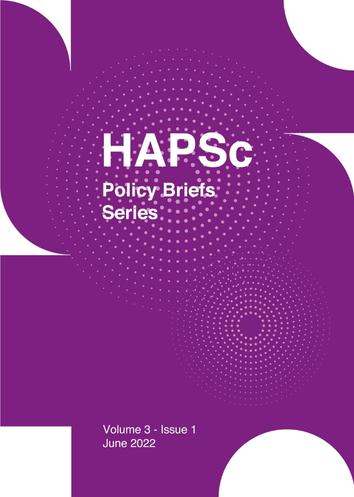Anthropolitics: An Alternative Approach for Parliamentary vs. Revolutionary Politics in India
Résumé
Indian democracy is experiencing various uprisings in the regions of Central and Eastern India, Jammu & Kashmir and North-Eastern regions. However, the nature and causative factors of these uprisings are different. The insurrection in Central India is popularly known as “largest internal security threat” that the country is facing as described by former Prime Minister of India Manmohan Singh in 2006. The insurrections of Jammu & Kashmir and North-Eastern regions have strong identity base and assumed the form of insurgencies. The failure of the parliamentary democracy in implementing the provisions of the Fifth Schedule of the Constitution and the inadequacy of the revolutionary politics of the CPI (Maoist) in delivering good governance to the people indicate the need for alternative politics. These alternative politics may be called as Anthropolitics where human dignity and rights of an individual preferred over the power-centred politics.
Article Details
- Comment citer
-
Veeresha, N. (2022). Anthropolitics: An Alternative Approach for Parliamentary vs. Revolutionary Politics in India. HAPSc Policy Briefs Series, 3(1), 9–15. https://doi.org/10.12681/hapscpbs.30980
- Rubrique
- Articles

Ce travail est disponible sous la licence Creative Commons Attribution 4.0 International .
Authors retain copyright and grant the journal right of first publication with the work simultaneously licensed under a Creative Commons Attribution License that allows others to share the work with an acknowledgement of the work's authorship and initial publication in this journal.


